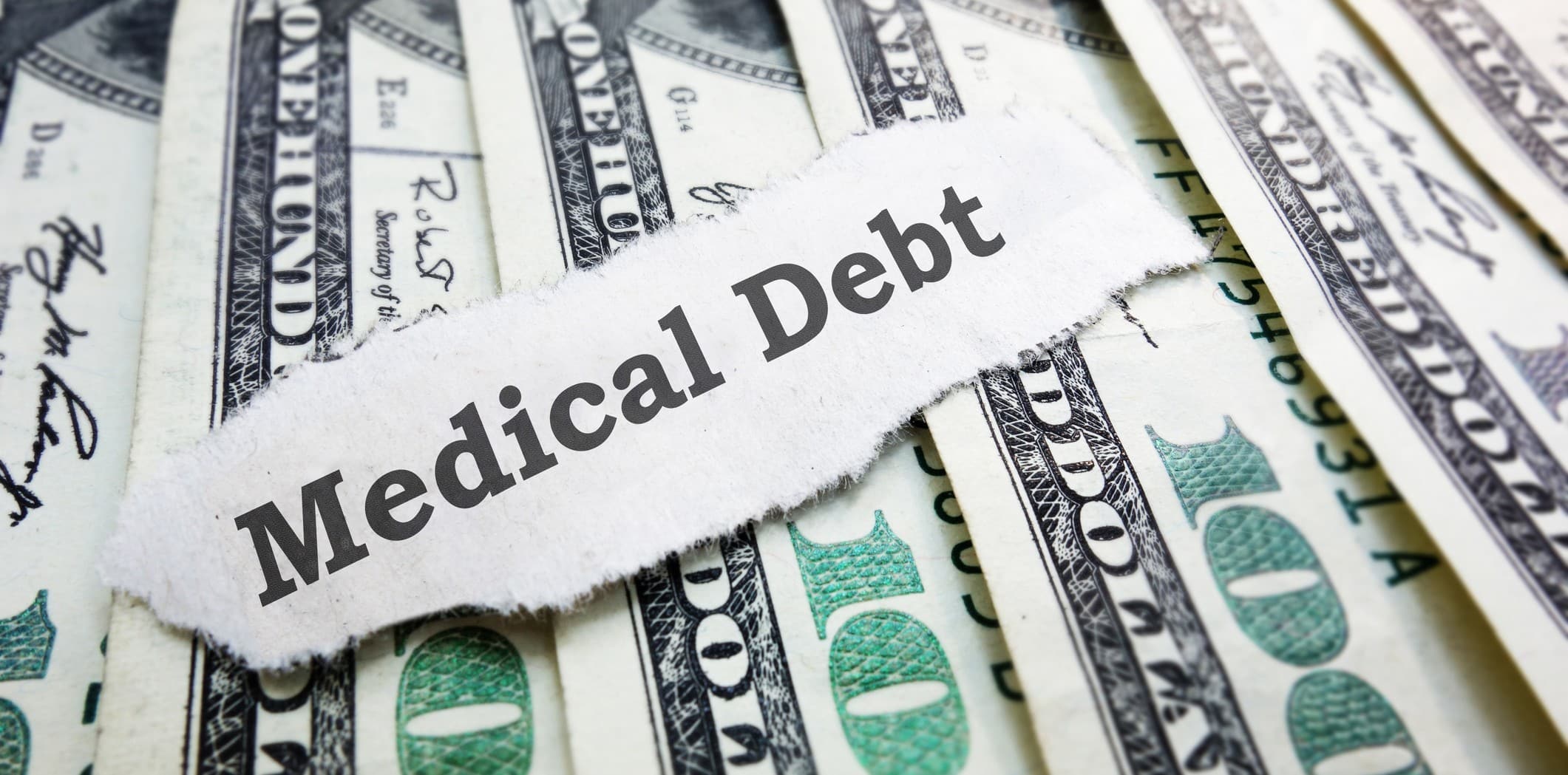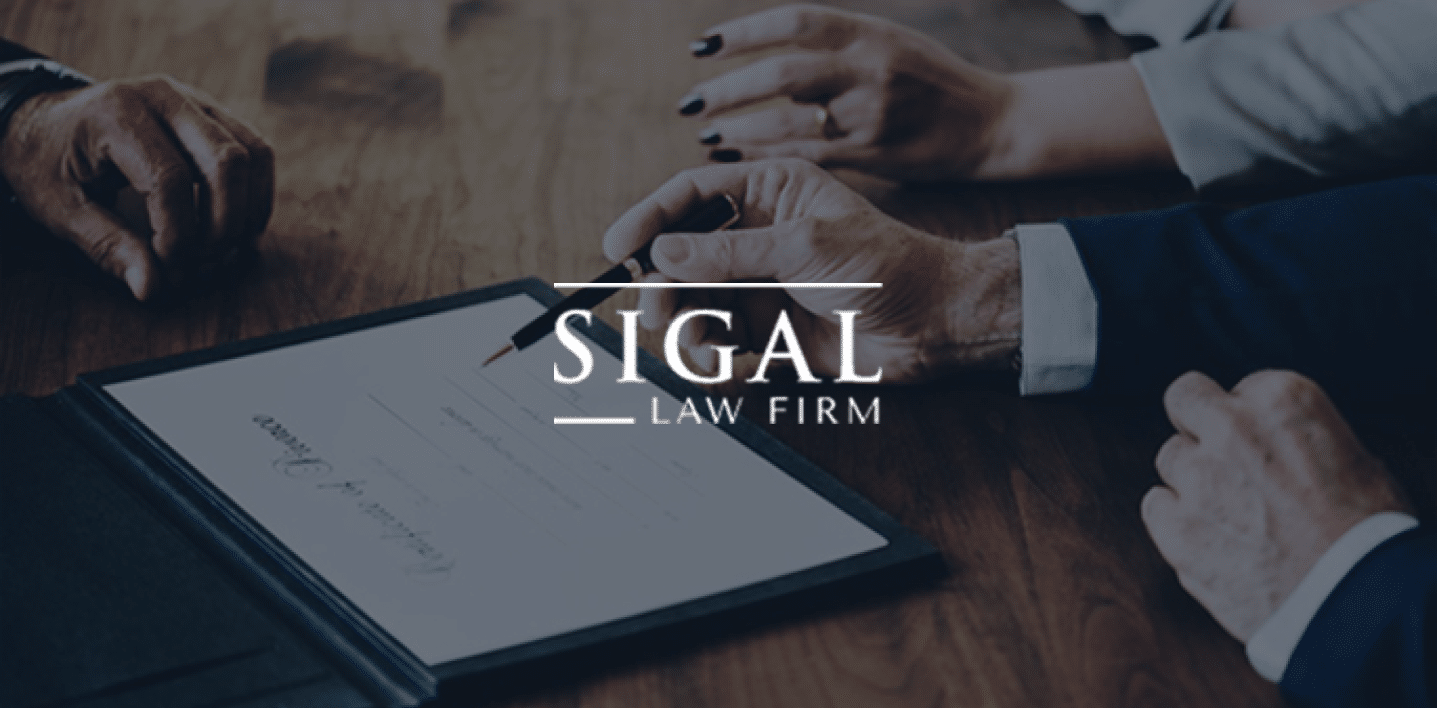What Medical Bills Can I Eliminate with Bankruptcy?
One of the most common reasons why people consider bankruptcy is overwhelming medical debt. If you experience an emergency surgery, extended medical stay, or long-term medical treatment, the medical bill can quickly overwhelm you even if you have been financially responsible.
If you are struggling with medical debt, attorneys from a law firm in Michigan say you can file for bankruptcy to eliminate the debt. However, it’s crucial to understand how bankruptcy treats medical debt and what happens if you can’t pay. With this information, you will be in a better position to make a solid decision.
Before filing, it’s vital to understand that not all medical debts are dischargeable in bankruptcy. For example, if you incur a medical bill shortly before filing for bankruptcy, it may not be eligible for discharge. There may also be limitations on the medical debt you can discharge through bankruptcy.
Can Filing Chapter 7 Bankruptcy Discharge Medical Debt?
Chapter 7 bankruptcy, or liquidation bankruptcy, can enable you to discharge most of your unsecured debts, including medical bills. Bankruptcy attorneys in Southfield explain that this bankruptcy typically lasts three to six months, requiring you to liquidate your non-exempt assets to repay creditors.
While this type of bankruptcy can help you discharge all medical debt, you must pass the Chapter 7 Means Test to qualify. The test considers the state’s average income versus your income minus the necessary expenses. You can file for bankruptcy if your income is less than Michigan’s median income. You can also file if you need more disposable income to cater to some expenses.
However, remember you must keep covering your health insurance even if you file for bankruptcy. The court may use autonomic wage garnishment from your paycheck to cover these costs and other debts not discharged in Chapter 7.
Chapter 13 and Medical Debt
Southfield bankruptcy attorneys say that Chapter 13 bankruptcy can discharge some of your medical debt, but you still need to pay some of the overall debt back to creditors. You must create a repayment plan based on your income, equity, bills, assets, and expenses. One eligibility factor for this bankruptcy is to be able to pay your bills and monthly payments to creditors.
Southfield bankruptcy attorneys add that Chapter 13 bankruptcy has debt limits for all unsecured debt, which change every few years. You can only file for bankruptcy if your debt is less than that amount and have most of your medical debt discharged while only paying back a fraction of what you owe.
Will I Lose My Home If I File for Bankruptcy for Medical Debt?
The law stipulates exemptions allowing debtors to protect some of their assets from creditors. In Michigan, the following are some exempt assets:
- Your primary residence
- Your personal assets
- Jewelry
- Life insurance
Under the right conditions, your home can’t be taken to satisfy medical debts or bankruptcy settlements. Seek legal counsel from skilled Southfield bankruptcy lawyers to understand the limit to which the exemptions apply to your case.
What Happens if I Do Not Pay My Medical Bills?
If you don’t pay or discharge your medical debt through bankruptcy, creditors or collection agencies can pursue legal action against you. In the worst-case scenarios, the following can happen when you have unpaid medical bills:
- Debt collection harassment: You risk creditors calling you repeatedly, sending you demand letters, or reporting the unpaid debt to credit bureaus. These actions can significantly lower your credit score.
- Lawsuits and judgments: A court may issue a judgment forcing you to repay a medical debt if a medical provider or collection agency sues you.
- Wage garnishment: The court may garnish your wages for medical debt if the creditor obtains a court judgment against you.
Consult skilled bankruptcy lawyers in Michigan if you have outstanding medical debt you cannot pay for one reason or another. They can evaluate your case specifics and advise you on the legal options available.
<h2>Are There Alternative Ways to Reduce or Pay Off Medical Debt?</h2>
Before filing for bankruptcy, you can explore alternatives to pay off or reduce your medical debts. One option is to negotiate with the healthcare provider for a lower bill. Most would be willing to create a repayment plan or reduce the total amount you owe. Ensure you’re honest and transparent about your financial situation and provide the necessary documentation.
You can also explore charity care programs offered in clinics and hospitals. The programs assist low-income earners who are struggling to pay their medical expenses. While eligibility may differ by facility, it’s worth finding out about the programs as they can provide significant relief from medical debt.
Bankruptcy attorneys in Southfield also advise checking whether you’re eligible for financial assistance through government programs such as Medicare and Medicaid. The medical plans provide healthcare coverage that can alleviate the burden of medical expenses.
<h2>Resolving Medical Debt with the Help of a Bankruptcy Lawyer</h2>
Being in medical debt can be depressing, but you can resolve it by filing for bankruptcy. Skilled bankruptcy lawyers from a reputable law firm in Michigan can evaluate your case specifics and advise whether to file for Chapter 7 or 13 Bankruptcy. They can also provide legal counsel and representation throughout the process for a favorable outcome.
We are a Debt Relief Agency. We help people file for bankruptcy relief under the United States Bankruptcy Code. As one of the premier debt relief agencies, Sigal Law Firm is dedicated to helping individuals navigate bankruptcy and achieve financial relief. Call us at 248-671-6794 to schedule a FREE case assessment.
















